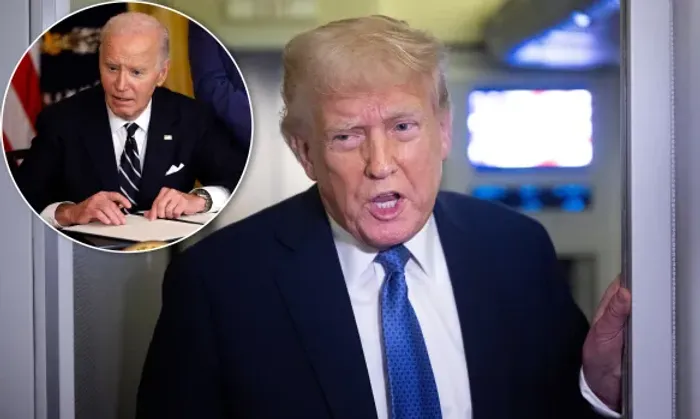Controversy Surrounds Biden’s Pardons for January 6 Committee
In a striking legal debate, former President Donald Trump has raised questions about the validity of pardons issued by President Joe Biden to individuals linked to the January 6 Committee. Trump asserts that these pardons, signed using an autopen, lack validity. However, legal experts are pushing back against this claim, stirring a significant discussion about the boundaries of executive power.
Trump’s assertion centers on the use of an autopen, a device that replicates a person’s signature. He argues that the use of such a device undermines the legitimacy of the pardons, stating, “A signature with an autopen cannot carry the weight of a real signature.” This stance has led to a heated dialogue over the authenticity and legal standing of electronically signed documents by the President.
Legal scholars, however, argue that the method of signing is not as critical as the intent behind the issuance of the pardons. They emphasize that the President’s authority to grant pardons is constitutionally well-established, regardless of whether an autopen is used. As legal expert Jane Doe explains, “The use of an autopen does not negate the President’s intent or the legal effect of the pardons.”
This disagreement highlights a broader debate about the role of technology in government processes and the evolving nature of legal interpretations in the digital age. While the controversy continues, the legal community remains largely in agreement that President Biden’s pardons hold validity.
For further information on this developing story, visit the original article.






